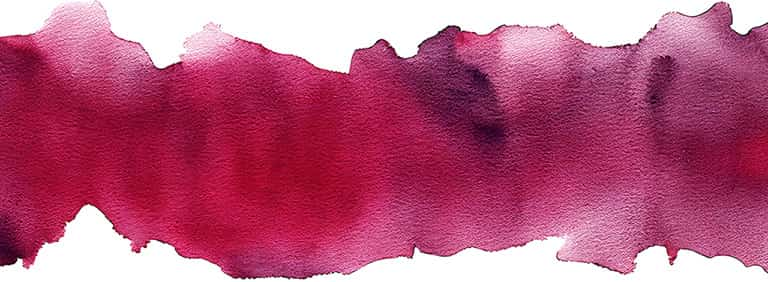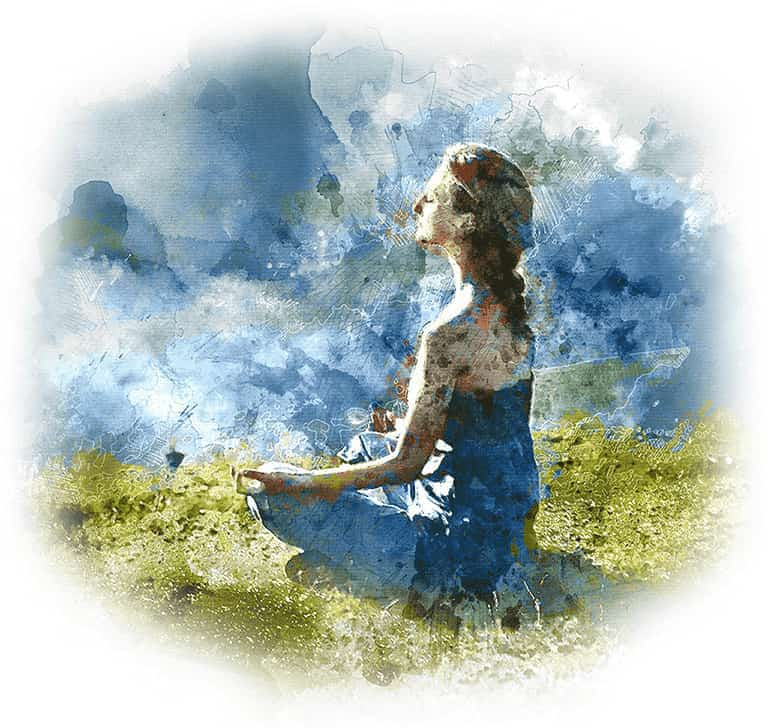A Different Kind of Care
Holistic therapies can provide significant support and complementary care to cancer patients, as well as being a stand alone therapy. They can enhance overall well-being, alleviate treatment side effects, and promote a sense of relaxation and healing. Here are some ways in which holistic therapies can help cancer patients:
Stress Reduction
Holistic therapies such as meditation, deep breathing exercises, and yoga can help reduce stress and anxiety associated with cancer diagnosis and treatment. They promote relaxation, improve emotional well-being, and may even help boost the immune system.
Pain Management
Techniques like acupuncture, massage therapy, cranial sacral and chiropractic care can help manage cancer-related pain. These therapies can help relieve muscle tension, reduce inflammation, and stimulate the release of endorphins, the body’s natural painkillers.
Improved Sleep
Cancer patients often struggle with sleep disturbances due to pain, anxiety, or treatment side effects. Practices like meditation, guided imagery, and aromatherapy can promote better sleep quality, leading to increased energy levels and overall well-being.
Nausea and Vomiting Relief
Certain holistic therapies, including acupuncture, acupressure, ginger supplementation and the use of medical cannabis, have shown effectiveness in reducing chemotherapy-induced nausea and vomiting. They can be used in conjunction with anti-nausea medications as recommended by healthcare professionals.
Emotional Support
Cancer can take a toll on a person’s mental and emotional well-being. Holistic therapies such as counseling, support groups, somatic experiencing, art therapy, and music therapy can provide emotional support, help patients express their feelings, and cope with the challenges they face throughout their cancer journey.
Enhancing Immune Function
Holistic therapies help the body do what it is created to do – heal itself as they also help support the immune system. Practices like regular exercise such as using a rebounder which helps detox the lymphatic system, healthy nutrition, and stress reduction techniques can contribute to a stronger immune response, potentially improving overall health and well-being.
Quality of Life Improvement
Holistic therapies can enhance a patient’s overall quality of life by addressing physical, emotional, and spiritual aspects of healing. They can provide a sense of empowerment, control, and self-care, which is essential for cancer patients.
It’s important to note that holistic therapies should always be used as complementary approaches alongside conventional medical treatments. It is crucial for cancer patients to consult with their healthcare team and ensure that the chosen holistic therapies are safe and suitable for their individual circumstances.
There are various types of holistic therapies available that focus on treating the whole person—mind, body, and spirit. Here are some commonly known types of holistic therapies:

Acupuncture
An ancient Chinese practice that involves inserting thin needles into specific points on the body to stimulate energy flow and promote healing. Acupuncture is used to address a wide range of conditions, including pain management, stress reduction, and overall well-being.
Massage Therapy
A hands-on therapy that involves manipulating the body’s soft tissues to improve circulation, relieve muscle tension, reduce stress, and promote relaxation. Different massage techniques, such as Swedish massage, deep tissue massage, and aromatherapy massage, can be used based on individual needs.
Meditation
A practice that involves focusing the mind and achieving a state of deep relaxation and inner peace. Meditation techniques vary, but they commonly involve mindfulness, guided visualization, or focusing on a particular object or mantra. Meditation can help reduce stress, enhance mental clarity, and promote emotional well-being.
Yoga
An ancient practice that combines physical postures, breathing exercises, and meditation to promote balance, flexibility, strength, and mindfulness. Yoga can improve physical fitness, reduce stress, and enhance overall well-being.
Herbal Medicine
The use of plants and their extracts to promote healing and well-being. Herbal remedies can be used to address various conditions, such as digestive issues, insomnia, immune support, and stress management. It’s important to consult with a qualified herbalist or healthcare professional before using herbal remedies.
Aroma Therapy
The use of essential oils derived from plants to promote physical and emotional well-being. Essential oils can be inhaled, applied topically, or used in baths or diffusers. Different oils have different properties, such as lavender for relaxation or peppermint for headache relief.
Chiropractic Care
A therapy that focuses on the musculoskeletal system, particularly the spine, to promote proper alignment and improve overall health. Chiropractors use manual adjustments, manipulation, and other techniques to address conditions such as back pain, headaches, and joint problems.
Energy Healing
Therapies such as Reiki, Healing Touch, and Qi Gong focus on balancing the body’s energy flow to promote healing and well-being. Practitioners use gentle touch or non-contact methods to channel and balance energy within the body.
Medical Cannabis
This natural plant has many medicinal properties especially when it comes to fighting cancer. Cannabis has anti-tumor properties and has been shown to induce apoptosis which is cell death in cancer cells and inhibit the growth of tumors. Additionally it has been shown to alleviate symptoms associated with cancer treatments such as chemotherapy, including nausea and pain.
Additional Assistance & Support
These are just a few examples of the many holistic therapies available. Other practices include naturopathy, homeopathy, art therapy, music therapy, nutrition counseling, and more. It’s important to remember that the effectiveness and suitability of each therapy may vary for individuals, and it’s advisable to consult with healthcare professionals or qualified practitioners to determine the best approach for your specific needs.


